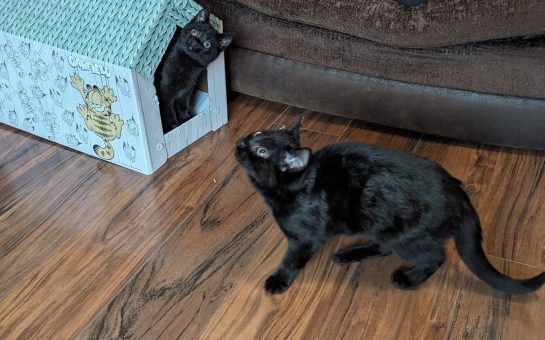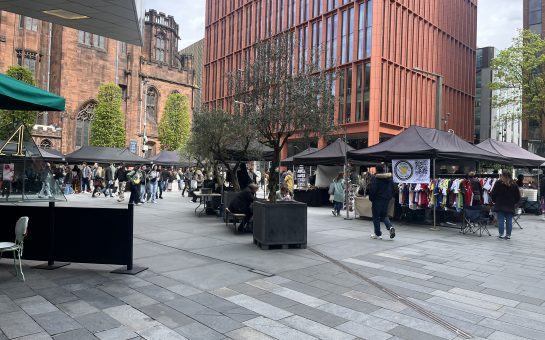On the anniversary of Clare’s Law, set up in memory of Salford murder victim Clare Wood, Greater Manchester Police have announced that a scheme aimed at warning women about abusive partners will continue following a 12-month pilot.
Clare’s Law allows people to ask the police whether their partner, or a partner of a loved one or friend, has a history of domestic violence or abuse.
It also enables the police and prison, probation and social services to inform people at risk of their partner’s previous history.
In the past year Greater Manchester Police have received 126 applications under Clare’s Law.
Of these 90 were ‘right to ask’ applications from individuals and 36 were ‘right to know’ applications from organisations on behalf of those at risk.
A little under half of the applications from individuals were granted disclosures, with 43 disclosures given and 43 refused.
Greater Manchester Police Chief Constable Sir Peter Fahy said: “I am pleased that this scheme has received the success that it has had so far.
“To know that there are 126 people who are better informed now thanks to it highlights its benefits to the wider public.
“All too often victims, families and friends suffer devastating consequences and schemes such as this are a welcome to us all in protecting victims and preventing further crime.
“To anyone in a relationship who is feeling suspicious I would say, trust your instincts. If you can see the warning signs take action, go with your gut and speak to police.”
Launched in September 2012 after lobbying by Clare Wood’s father and Salford MP Hazel Blears, the scheme is officially known as the Domestic Violence Disclosure Scheme (DVDS).
The mother of one was strangled and set on fire by her George Appleton, her ex-boyfriend, in 2009.
Her father believes that had Ms Wood known about Appleton’s previous history of violence against women she would have ended the relationship.
In 2011 he told the Mail on Sunday: “My daughter wasn’t stupid. If she had known about that man’s past, she would have taken herself out of there in a heartbeat.”
Ms Wood, from St Simon Street, Blackfriars, met Appleton on Facebook. He had three previous convictions under the Protections from Harassment Act 1997.
After murdering the 36-year-old Ms Wood, Appleton went on the run and was dubbed the ‘Facebook Fugitive’. He eventually committed suicide.
Tony Lloyd, Police and Crime Commissioner for Greater Manchester, said: “Greater Manchester was one of the pilot areas on this and quite rightly has made the decision to continue with the scheme.
“It’s one, and only one, of a number of measures being used to tackle domestic violence and do all we can to support victims.
“This sends a message that violence in the home is not acceptable and we all need to work together to challenge those who think otherwise.”
In a statement today Home Secretary Theresa May mentioned Ms Wood’s case as she launched a new review into how police forces respond to domestic violence.
She said: “This government is serious about keeping women and girls safe.
“We have seen improvements over the past year – domestic violence, rape and sexual offence prosecutions have reached their highest ever conviction rate for the second year running – so the systems in place to protect women are working better.
“But sadly there are still too many cases, like those of Clare Wood and Maria Stubbings, where victims have lost their lives because warning signs were missed.
“We have a duty to provide vulnerable people with the best possible protection which is why I have commissioned Her Majesty’s Inspectorate of Constabulary to review current practices and recommend where further improvements can be made.”
For more on this story and many others, follow Mancunian Matters on Twitter and Facebook.



